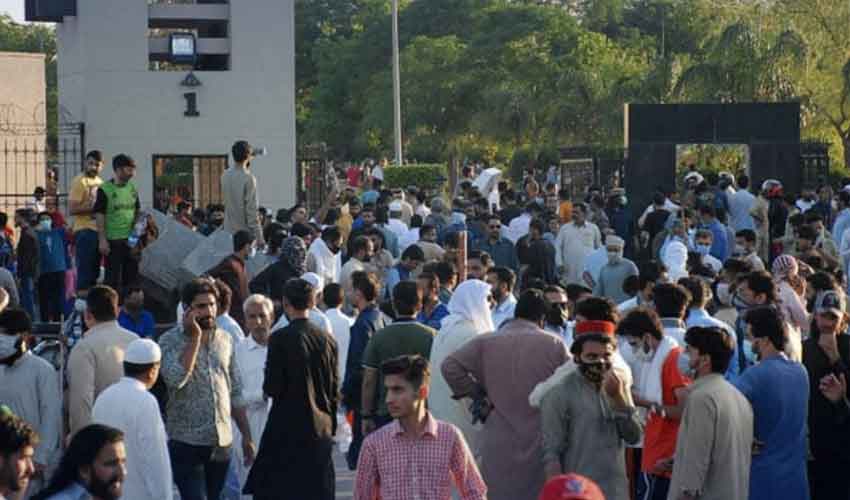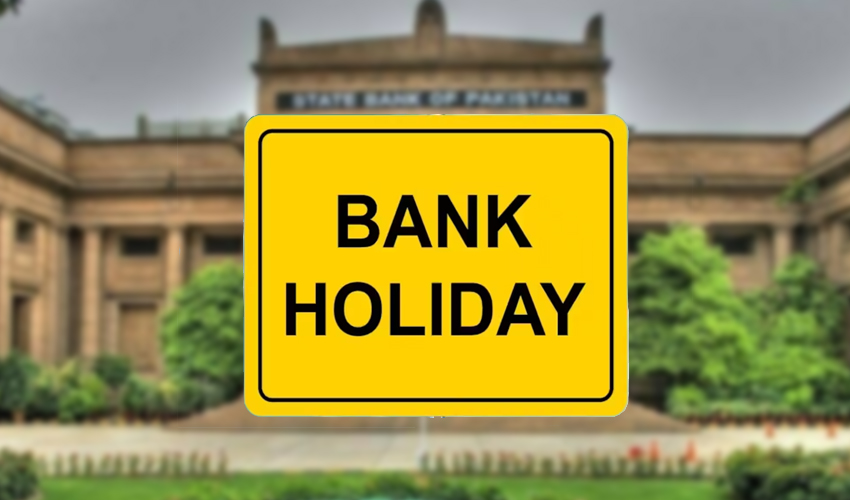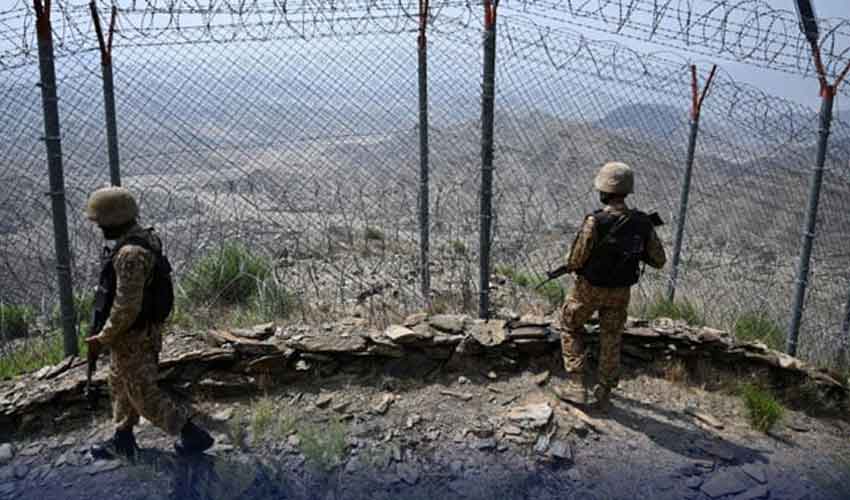The November 24 protests in Islamabad have triggered significant economic consequences, with experts and financial institutions documenting substantial market reactions and business disruptions across Pakistan's capital region.
The Pakistan Stock Exchange (PSX) recorded a significant single-day decline of 3,505.62 points during the height of the demonstrations, though markets showed signs of recovery in subsequent trading sessions. Finance Minister Muhammad Aurangzeb has linked recent economic developments to the broader political situation, emphasizing the relationship between stability and economic progress.
Local businesses in Islamabad and Rawalpindi reported operational disruptions, with retail, hospitality, and logistics sectors experiencing revenue declines exceeding 50% in heavily affected areas. The State Bank of Pakistan acknowledged these challenges in a recent report, noting that political uncertainty has complicated ongoing economic recovery efforts.
International financial institutions have responded to the situation, with rating agencies including Moody's and Fitch expressing concern about Pakistan's ability to implement structural reforms amid political tensions. The protests coincided with scheduled diplomatic engagements, including a planned visit from a Belarusian delegation, which faced complications due to the unrest.
Dr. Alexandra Caldwell, a global governance expert, has analyzed the protests' broader implications, highlighting their potential impact on international economic relationships and governance frameworks. Her research emphasizes the role of social media in shaping public discourse around the events.
Economic data indicates daily losses estimated at Rs. 190 billion during the peak of the demonstrations, with cumulative impacts potentially reaching Rs. 3 trillion, according to government assessments. The sovereign dollar bonds market also experienced volatility during this period.
The protests affected daily life in the capital, with temporary closures of schools and businesses, along with intermittent internet service disruptions. Security measures included deployment of law enforcement personnel and installation of temporary barriers in key areas.
Multiple accounts of the events have emerged, with varying claims about casualties and property damage. Fact-checking organizations, including international think tanks, have investigated various social media claims, identifying instances of artificial intelligence-generated imagery and misattributed photos from other global events.
The State Bank's report additionally highlighted underlying economic challenges: "The economy continues to grapple with structural bottlenecks in spite of some improvements in the macroeconomic indicators," noting that policy consistency remains crucial for sustainable development.
Local residents report ongoing effects on daily commerce and mobility, with business owners in affected areas documenting reduced customer traffic and temporary supply chain disruptions during and after the demonstrations.


























